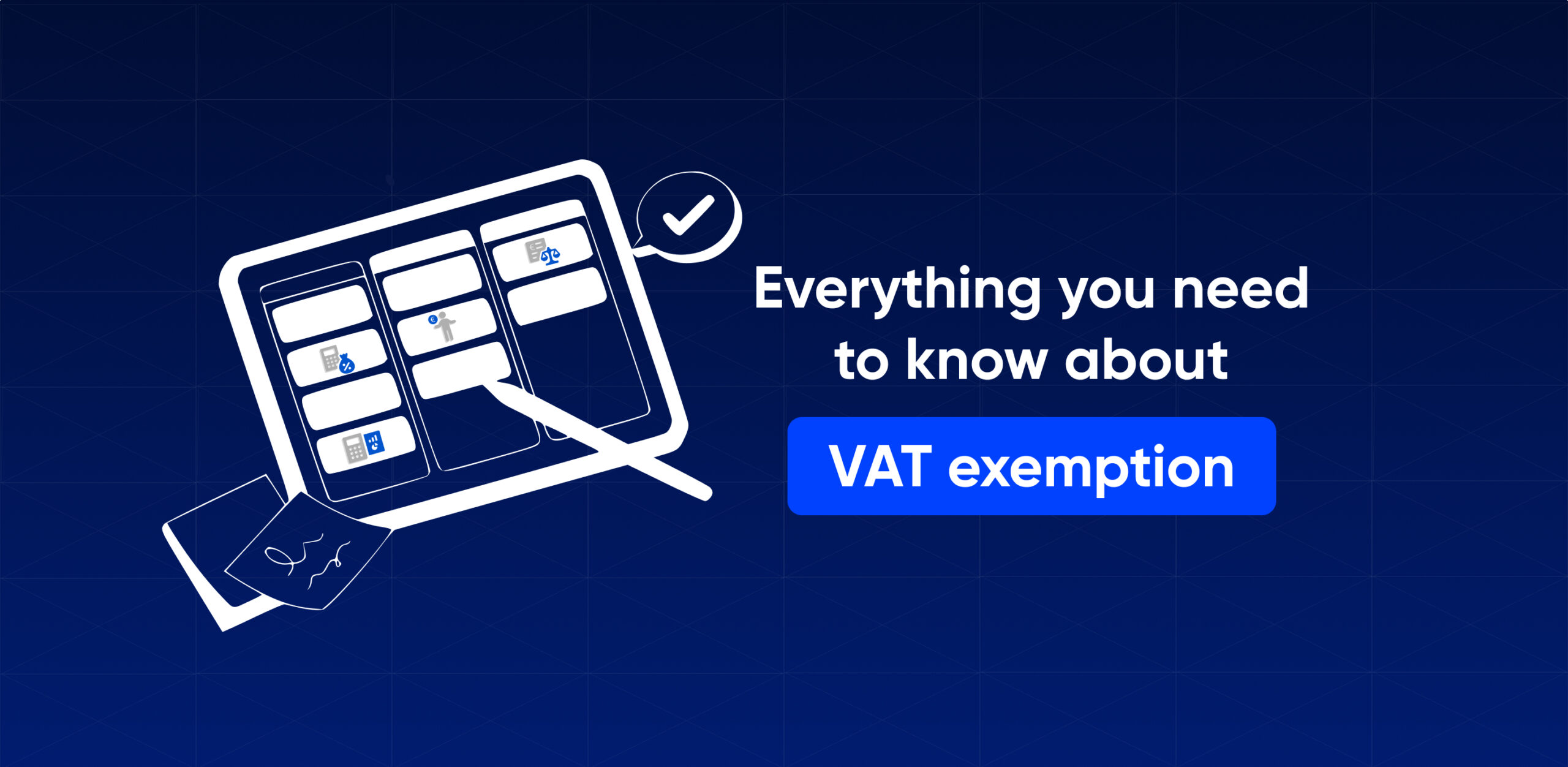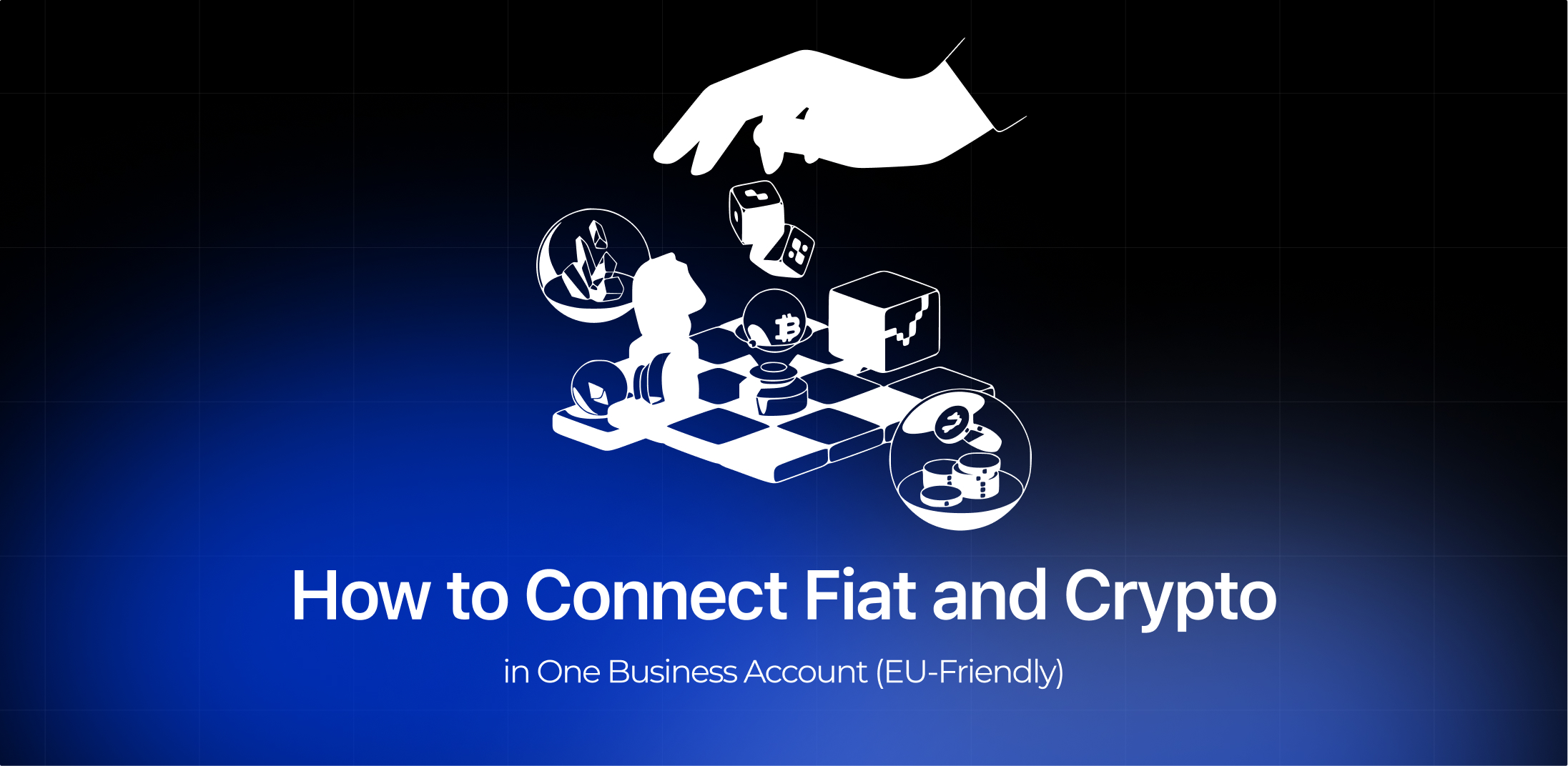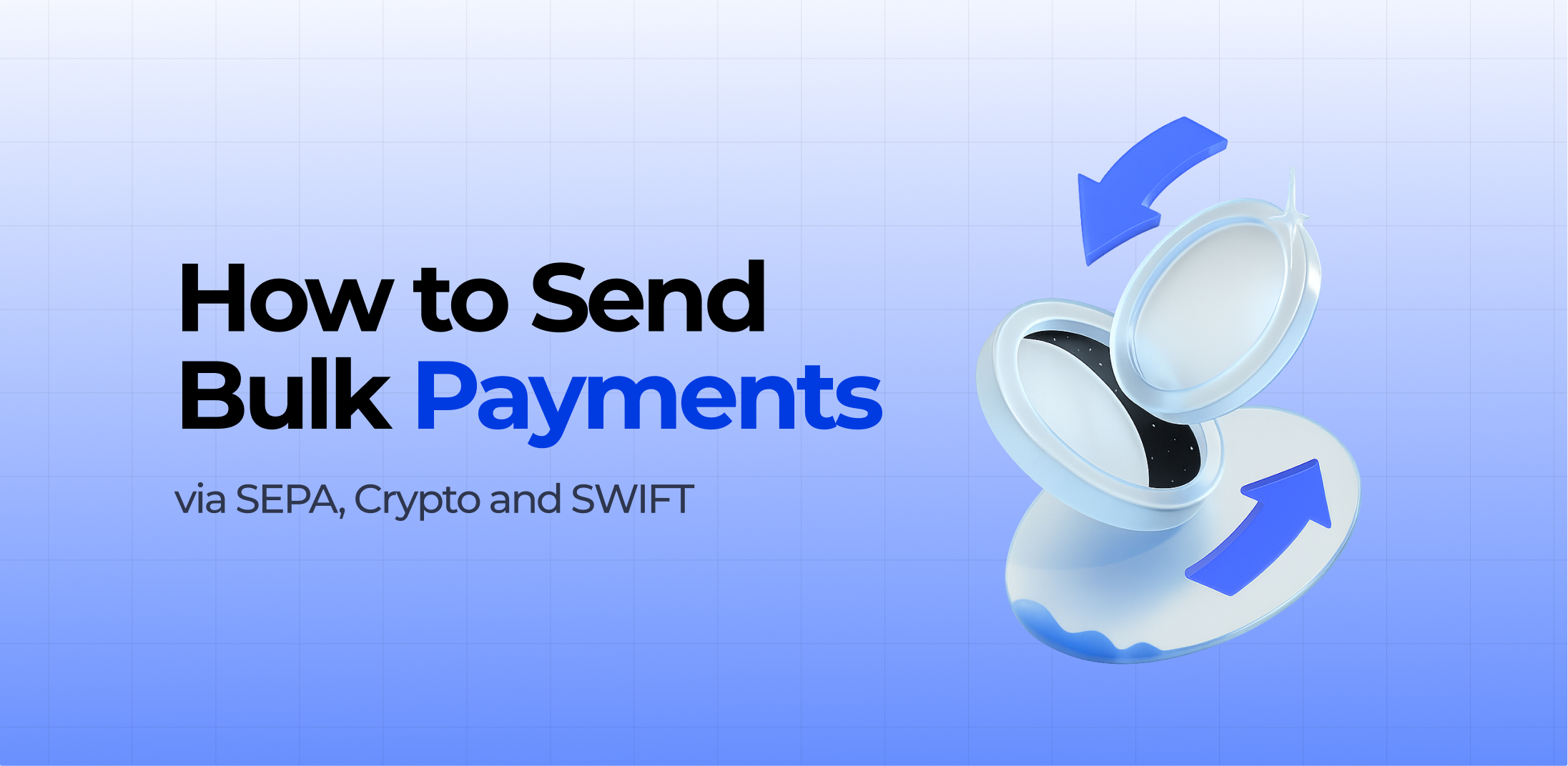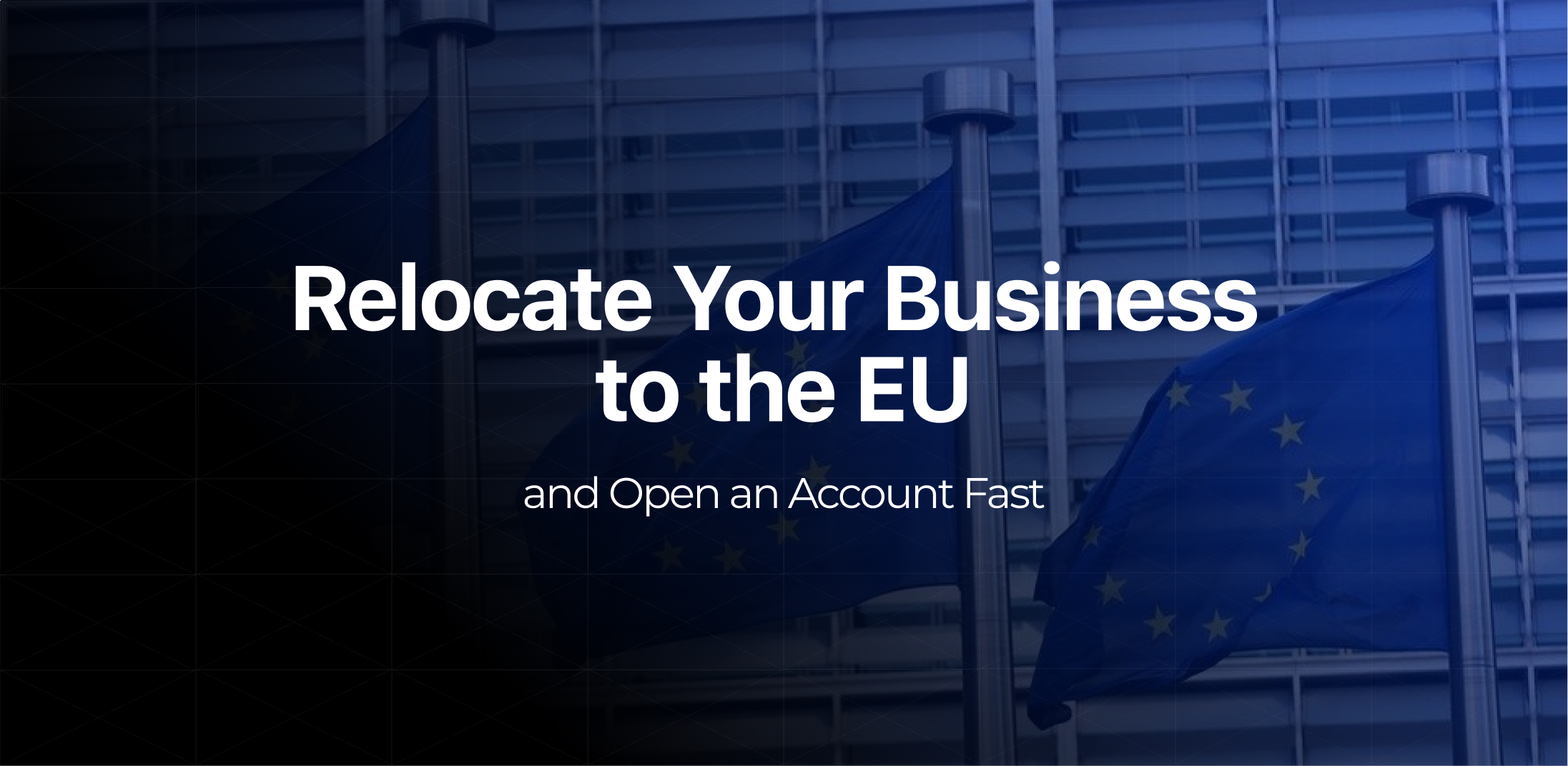In today’s increasingly intricate global economy, grasping the nuances of Value Added Tax is crucial for both businesses and consumers. VAT, a tax applied to the sale of goods and services, is a key component of national revenue and plays a significant role in international commerce. Yet, not all transactions are subject to VAT due to a variety of exemptions, which can have a profound impact on both businesses and consumers.
The scope of VAT exemptions can differ greatly based on the jurisdiction and the specific nature of the goods or services involved. These exemptions can offer substantial financial relief, influencing pricing, market competition, and consumer behavior. To effectively navigate the realm of VAT exemptions, it is essential to understand the relevant regulations, eligibility criteria, and the practical implications for both business operations and personal finances.
This article is designed to clarify what is VAT exempt? Whether you are a business owner aiming to optimize your tax strategy or a consumer wanting to make well-informed purchasing decisions, this guide will equip you with the necessary knowledge to handle the complexities of VAT exemptions efficiently for any Item.
What is VAT?

Value Added Tax is a consumption tax imposed on goods and services at every step of the production and distribution process. In essence, it is a tax applied to the added value of an item as it progresses through the supply chain, from its initial production to its final sale. This tax burden is ultimately borne by the end consumer, making VAT a vital revenue source for governments.
Understanding the VAT exemption meaning is vital for businesses and consumers, as it determines what items are VAT exempt. Certain goods and services, including healthcare, education, and financial services, frequently qualify for exemptions, thereby being relieved from the additional tax burden. These exemptions can significantly affect pricing and consumer choices, emphasizing the importance of knowing which items and services fall under VAT exemption.
How does VAT work?
VAT functions by imposing a tax on the added value at each stage of the production and distribution process for goods and services. The tax is collected incrementally: businesses charge a tax on their sales and reclaim the VAT they have paid on their purchases. For instance, when a manufacturer sells goods to a retailer, tax is added to the price.
The retailer then adds VAT to the price when selling to consumers. Ultimately, the end consumer absorbs the cost of this amount, classifying it as a consumption tax. Businesses act as intermediaries, collecting VAT for the government and remitting it at regular intervals.
This mechanism ensures that it is paid for any item throughout the supply chain, avoiding double taxation and minimizing the overall tax burden on businesses. Next, it will be intriguing to understand the meaning of what VAT exempt services entail.
What is VAT exemption?

VAT tax exemption denotes the exclusion of specific goods and services from the Value Added Tax framework. When an item or service is VAT exempt, it is not subjected to the taxes typically levied on sales and transactions. This exemption often covers essential or non-commercial goods, such as healthcare, education, and some financial services.
As a result, these exempt things and services have no VAT added to their prices, which can reduce costs for consumers and streamline transactions for legal entities. However, entrepreneurs offering exempt services cannot recover the VAT exemption certificate incurred on their own purchases, potentially affecting their overall tax situation. Grasping VAT exemption is essential for both consumers and businesses to manage pricing and tax responsibilities effectively.
VAT exemption for goods and services
The exemption from VAT for goods and services refers to the exclusion of certain categories from the standard Value Added Tax typically applied to transactions. This means that specific items, such as healthcare, education, and various financial services, are exempt from VAT and therefore do not have this tax added to their prices. These exemptions are intended to alleviate the financial burden on consumers by making essential and socially beneficial services more affordable.
However, businesses providing these exempt services are unable to reclaim the VAT they pay on their own purchases, which can affect their overall financial efficiency. Understanding the details and effects of VAT exemption using the certificate is crucial for businesses to navigate their tax responsibilities and for consumers to make well-informed purchasing choices.
VAT exemption for businesses
VAT exemption for businesses involves certain activities or sectors being exempt from charging a tax on their sales. This exemption can apply to industries like healthcare, education, and some non-profit organizations, allowing them to avoid adding VAT to their prices. While this can enhance the competitiveness and affordability of their services or products, it also means these businesses cannot recover the tax paid on their own purchases and expenses.
This lack of ability to reclaim input VAT can impact their cash flow and overall financial management. It is essential for entrepreneurs to understand the concept of the VAT exempt businesses to effectively manage their tax responsibilities, optimize financial operations, and ensure regulatory compliance.
Which businesses are affected?

The effect depends significantly on their sector and operational nature. For example, industries such as healthcare, education, and some non-profit organizations benefit from tax exemptions, meaning they do not need to charge VAT on their services or products. On the other hand, businesses in sectors like retail and manufacturing, which are not eligible for these exemptions, must charge VAT on their sales and handle related tax responsibilities.
Additionally, businesses in exempt sectors might encounter difficulties, such as being unable to reclaim tax on their own expenses for any item, which can impact their financial management and cash flow. Grasping how VAT regulations apply to various business types is essential for managing tax obligations effectively, enhancing financial performance, and ensuring compliance with legal standards.
VAT exemption for charities
The exemption for charities involves specific tax relief provisions that enable charitable organizations to either avoid levying VAT on certain goods and services or recover it on their expenditures. This exemption helps charities lower operational costs, allowing them to allocate more resources towards their charitable missions. For example, many charities do not need to charge taxes on donations or certain fundraising activities.
Despite these benefits, charities might encounter challenges, such as limitations on reclaiming VAT on particular expenses for any item, which can influence their financial strategies. It is essential for charities to understand the details of VAT exemption to effectively manage their finances, adhere to tax regulations, and make the most of their resources for their charitable goals.
Conclusion
Navigating VAT exemption can be challenging, but a thorough understanding is crucial for both entrepreneurs and consumers. Tax exemptions are pivotal in easing the financial load on specific goods (item) and services, affecting pricing, market dynamics, and strategic financial planning. For businesses looking to enhance their tax strategy or consumers seeking to make savvy purchases, comprehending the extent and effects of VAT exemptions offers significant benefits.
Recognizing which areas and transactions are exempt and how these exemptions impact financial management and regulatory compliance enables stakeholders to maneuver through the VAT system more effectively. Ultimately, a solid grasp of tax exemptions ensures that businesses run smoothly, charities achieve their goals more efficiently, and consumers make informed, cost-effective decisions, all while staying within legal boundaries.
The information provided in this article does not, and is not intended to, constitute legal advice; instead, all information, content, and materials available on this site are for general informational purposes only.








